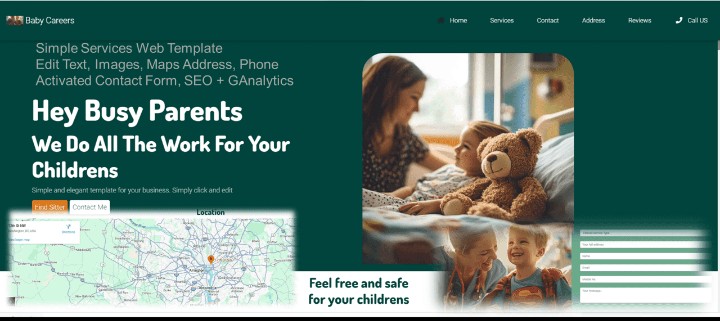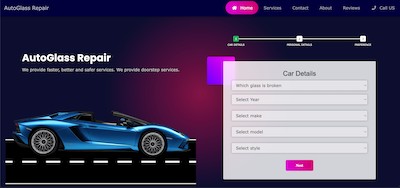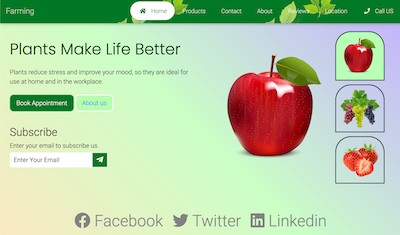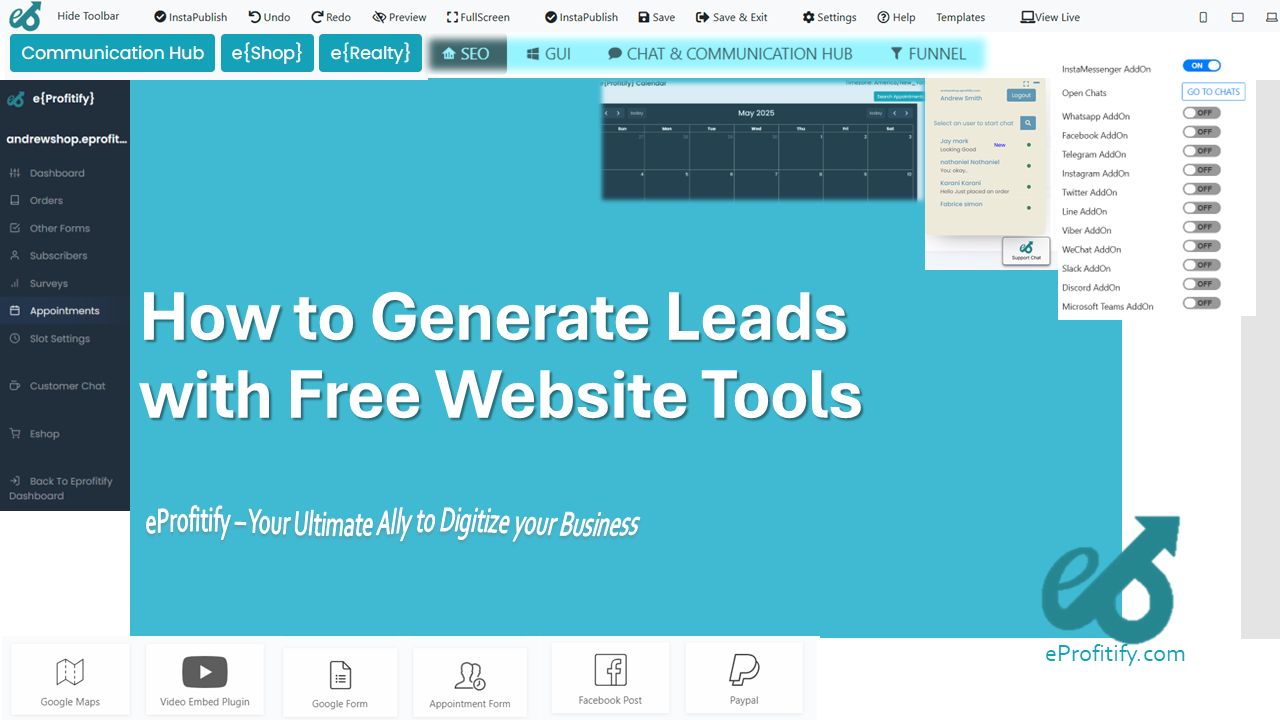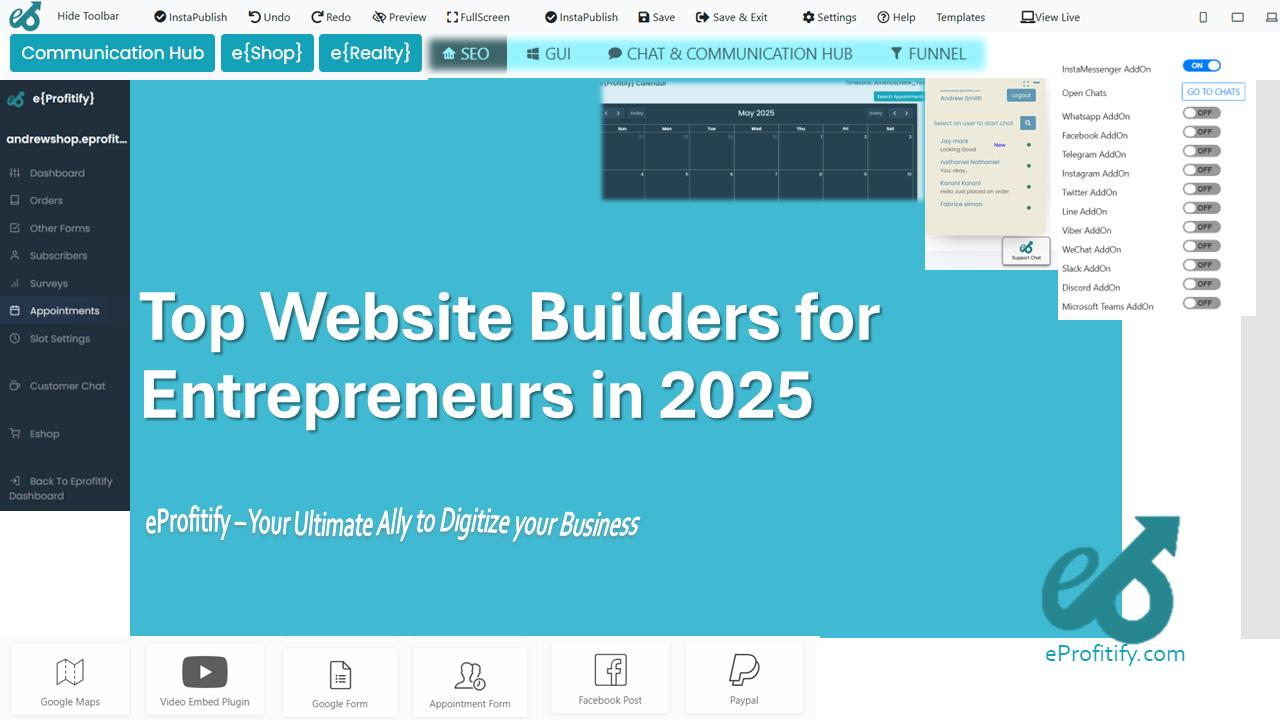Hosting Events to Attract Local Customers
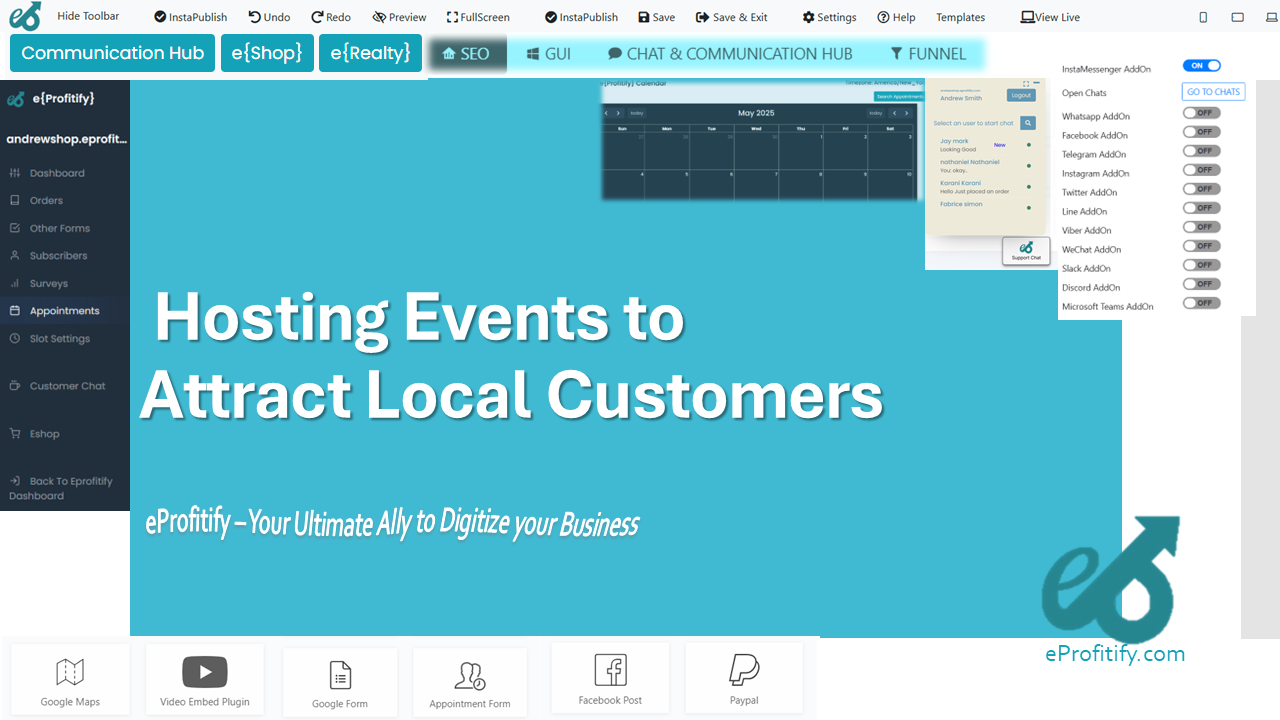
Hosting Events to Attract Local Customers: Strategies, Stats, and Solutions
In today’s competitive market, local businesses must think creatively to stand out and build lasting connections with their communities. Hosting events is a proven strategy to drive foot traffic, boost brand awareness, and convert attendees into loyal customers. According to Eventbrite, 78% of consumers say that events significantly influence their purchasing decisions, underscoring the power of experiential marketing. This article explores how local businesses can leverage events to grow their customer base, supported by statistics, actionable tips, and insights into how eProfitify—a leading website publishing and management platform—can streamline event planning and maximize impact.
The Importance of Hosting Local Events
Local events create opportunities for businesses to engage face-to-face with their audience, fostering trust and loyalty. A Bizzabo report reveals that 85% of business leaders believe in-person events are critical for achieving company objectives. For small businesses, events can:
- Humanize the brand through direct interaction.
- Generate immediate sales via on-site purchases or bookings.
- Encourage social sharing, amplifying reach organically.
- Build community relationships, positioning the business as a local leader.
In fact, Aberdeen Group found that 70% of event attendees become repeat customers, making events a high-ROI marketing strategy.
Types of Events to Attract Local Customers
1. Workshops and Classes
Hosting skill-based workshops (e.g., cooking classes, DIY crafts) positions your business as an expert while offering tangible value. A LinkedIn survey found that 94% of attendees value educational events, making them ideal for lead generation.
Example: A local bakery could host a cupcake-decorating workshop, using eProfitify’s appointment management system to schedule sessions and process registrations.
2. Pop-Up Shops
Temporary retail spaces create urgency and excitement. Data from Square shows that pop-up shops can increase sales by up to 30% during the event period.
Example: A boutique clothing store could collaborate with local artists for a weekend pop-up, using eProfitify’s ecommerce tools to sell products online and in-person seamlessly.
3. Networking Events
These events attract professionals and potential B2B clients. According to HubSpot, 40% of attendees discover new brands through networking events.
Example: A co-working space could host a "Small Business Mixer," using eProfitify’s CRM to track attendee info and follow up post-event.
4. Charity Events
Aligning with a cause boosts brand reputation. A Cone Communications study shows 87% of consumers are more likely to support businesses that advocate for social issues.
Example: A café could organize a charity coffee-tasting event, with eProfitify’s donation management system tracking contributions.
A Step-by-Step Guide to Hosting Successful Events
1. Planning: Define Goals and Logistics
- Objective: Set measurable goals (e.g., 100 attendees, 20% sales lift).
- Budget: Assign funds for marketing, venue, and tools.
- Tools: Use eProfitify’s website builder to create event pages and collect RSVPs.
Stat: Businesses that set clear goals are 3x more likely to achieve success (EventMB).
2. Promotion: Spread the Word Effectively
- Social Media: Promote via platforms like Instagram and Facebook. HubSpot notes social media drives 40% of event registrations.
- Email Campaigns: Use eProfitify’s email marketing tools to send targeted invites.
- Local Partnerships: Collaborate with influencers or nearby businesses.
Stat: Personalized emails increase click-through rates by 14% (Constant Contact).
3. Execution: Deliver a Seamless Experience
- Check-In: Use QR codes or eProfitify’s instant messaging for real-time attendee support.
- Engagement: Offer interactive elements like live polls or contests.
- Sales Integration: Enable on-site purchases via eProfitify’s POS and ecommerce features.
4. Follow-Up: Nurture Relationships Post-Event
- Thank-You Emails: Send personalized notes with special offers.
- CRM Tracking: Update customer profiles in eProfitify’s CRM based on attendee behavior.
- Feedback Surveys: Improve future events using attendee insights.
Stat: Post-event emails have a 15% higher open rate than standard emails (HubSpot).
How eProfitify Simplifies Event Management
eProfitify is a comprehensive platform designed to streamline every stage of event planning:
- Website Publishing: Create SEO-optimized event pages in minutes.
- Appointment Management: Schedule sessions, classes, or consultations.
- Ecommerce Tools: Sell tickets, merchandise, or services online.
- CRM Integration: Track attendee interactions and segment follow-up campaigns.
- Instant Messaging: Answer queries in real time via live chat.
- Analytics: Monitor ticket sales, attendance rates, and ROI.
Businesses using integrated tools like eProfitify report 35% higher attendance rates and 50% faster lead conversion due to streamlined processes.
Conclusion
Hosting events is a dynamic way to attract local customers, drive sales, and foster community loyalty. By combining strategic planning, data-backed promotion, and robust tools like eProfitify, businesses can elevate their event impact while saving time and resources. As the marketplace grows noisier, localized, experience-driven strategies will continue to set brands apart. Ready to get started? Leverage eProfitify’s all-in-one platform to turn your next event into a customer magnet.
Sources: Eventbrite, Bizzabo, HubSpot, Aberdeen Group, Square.
